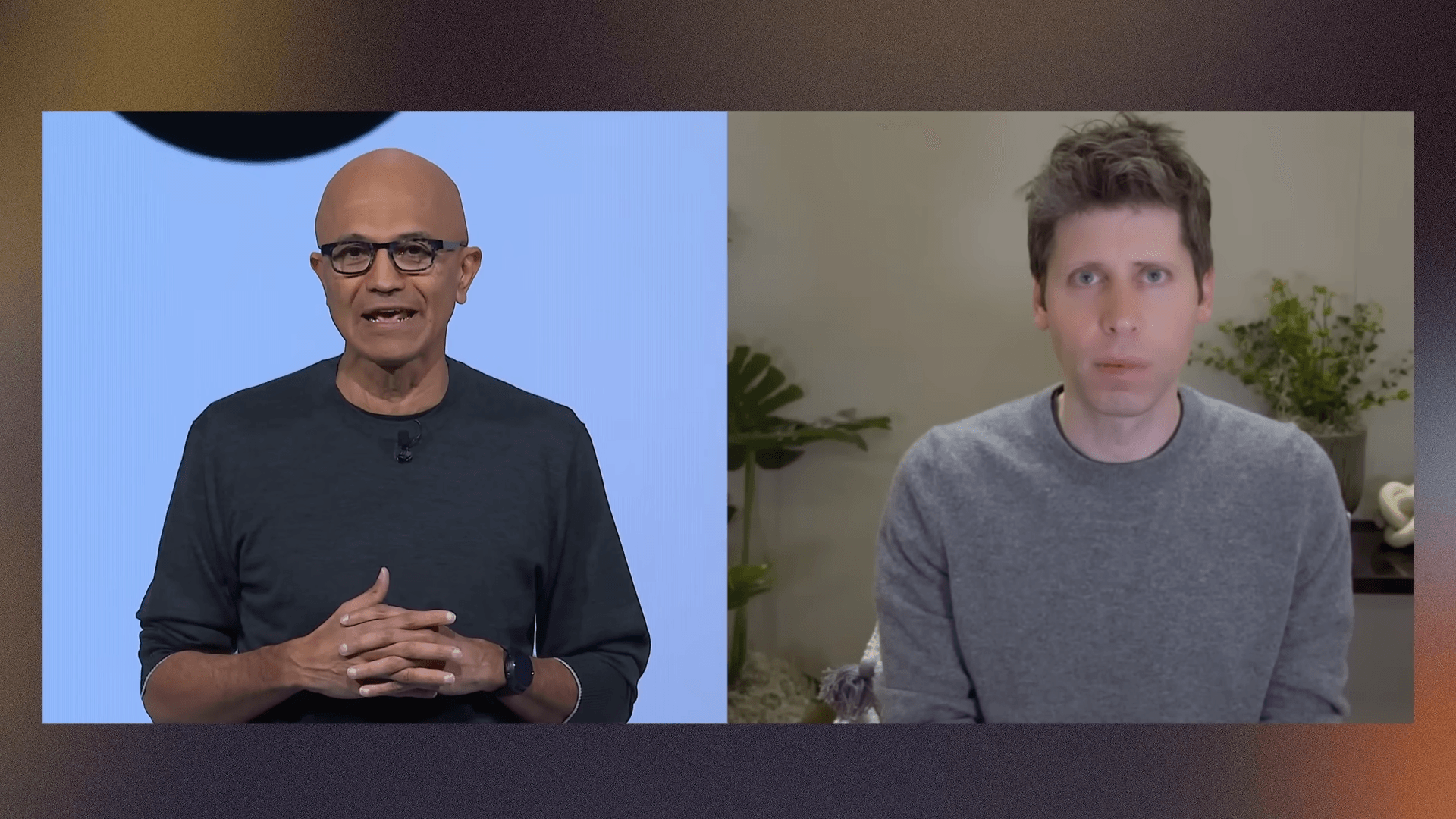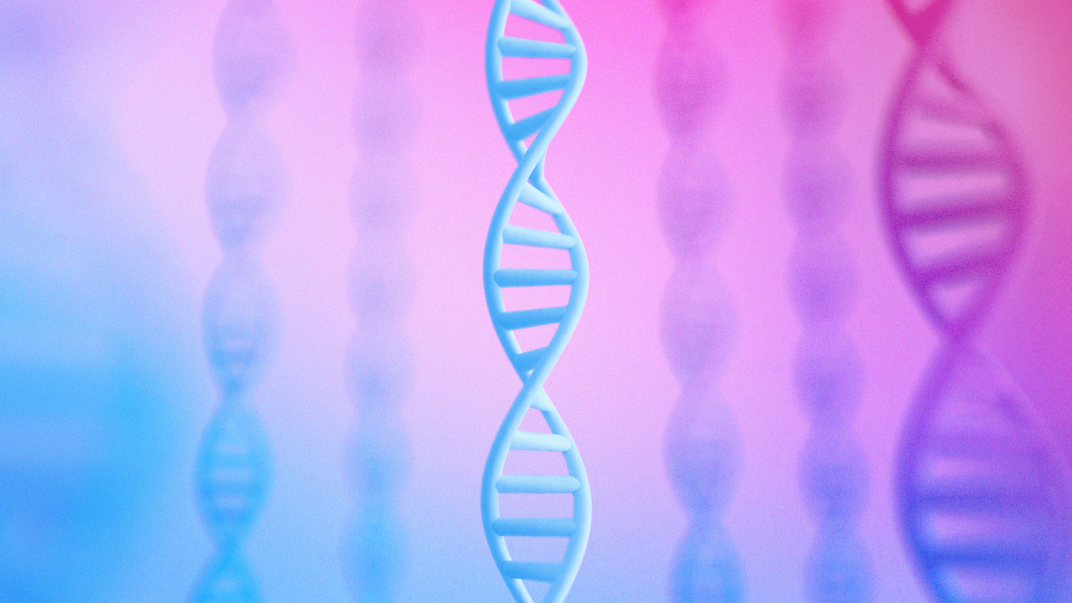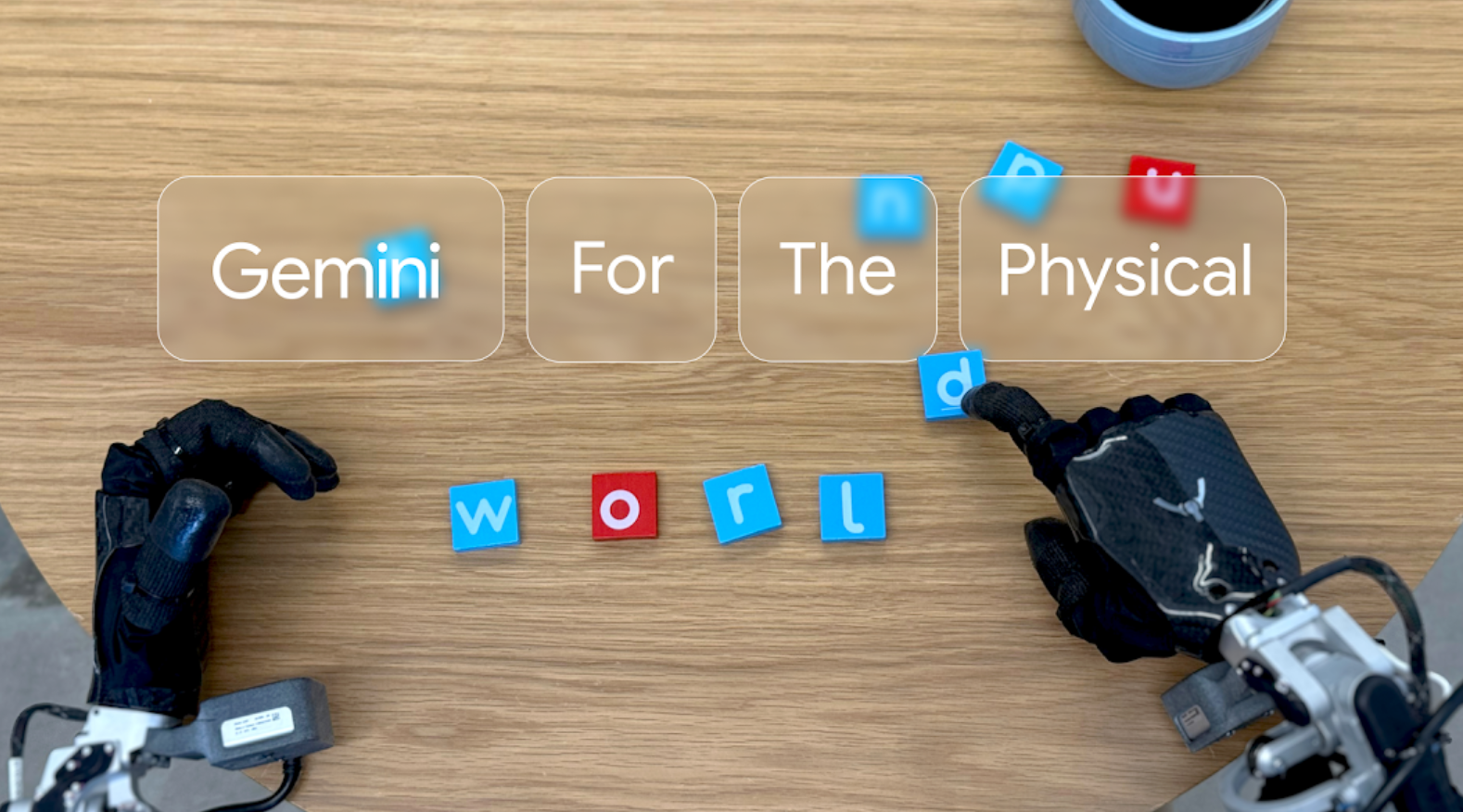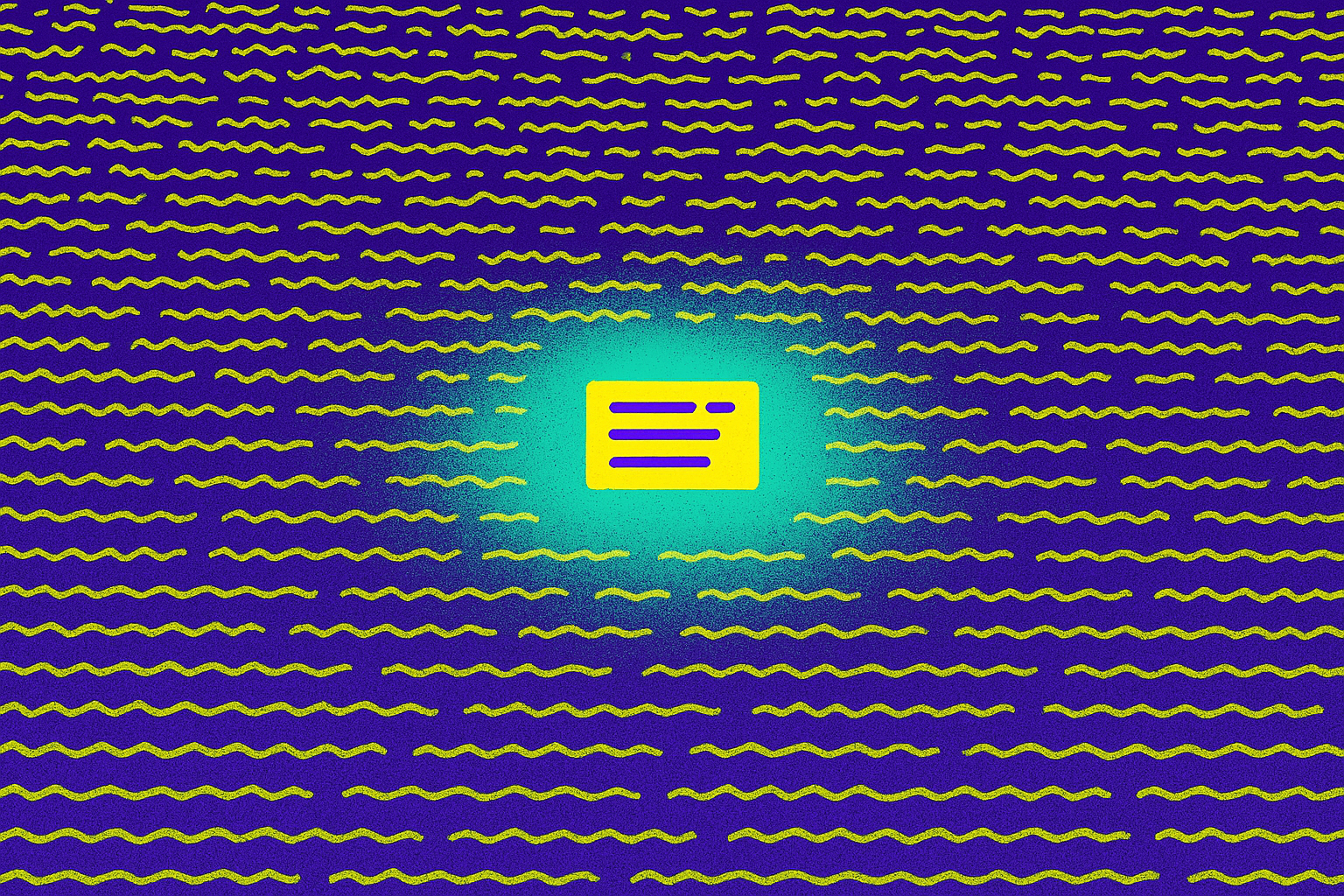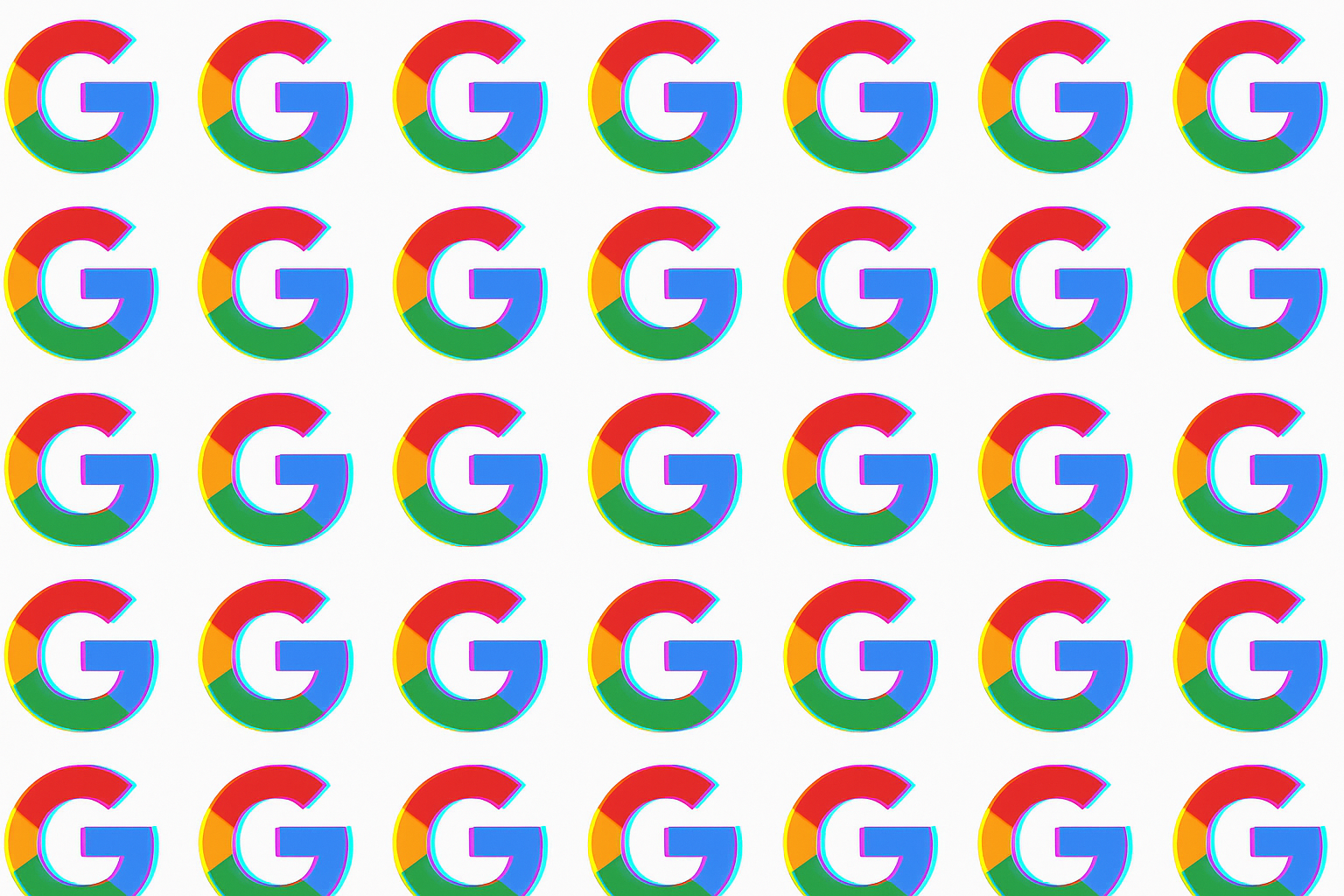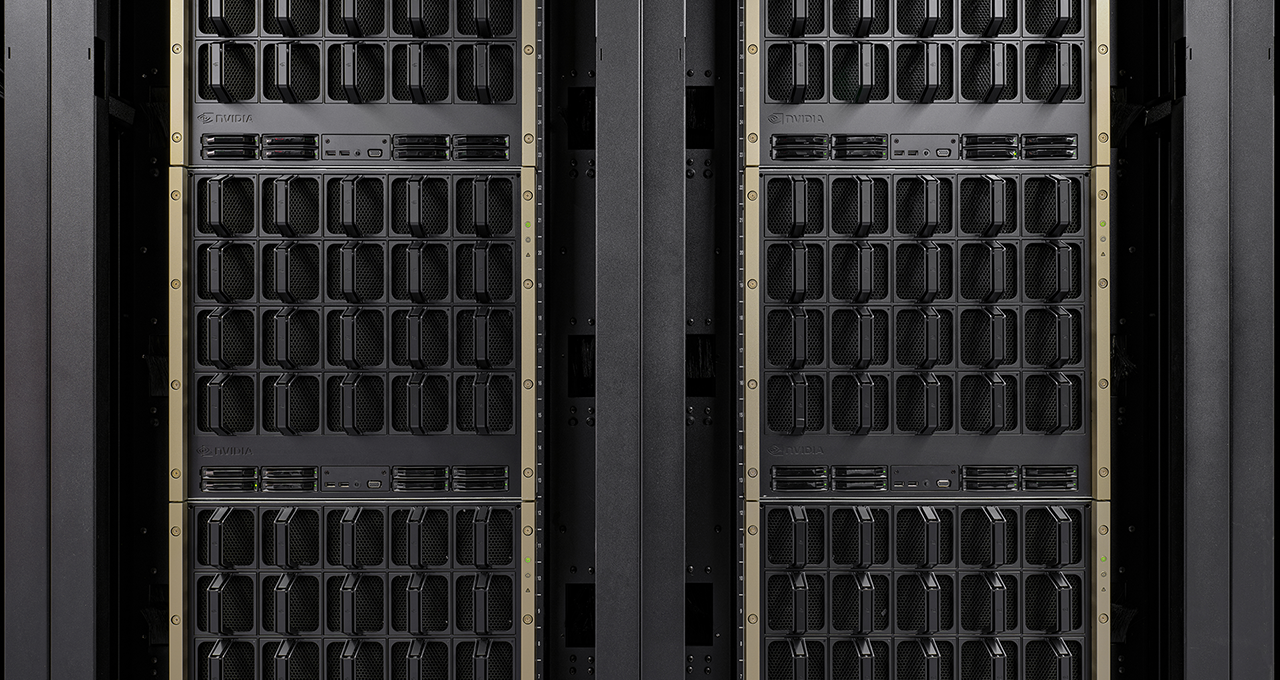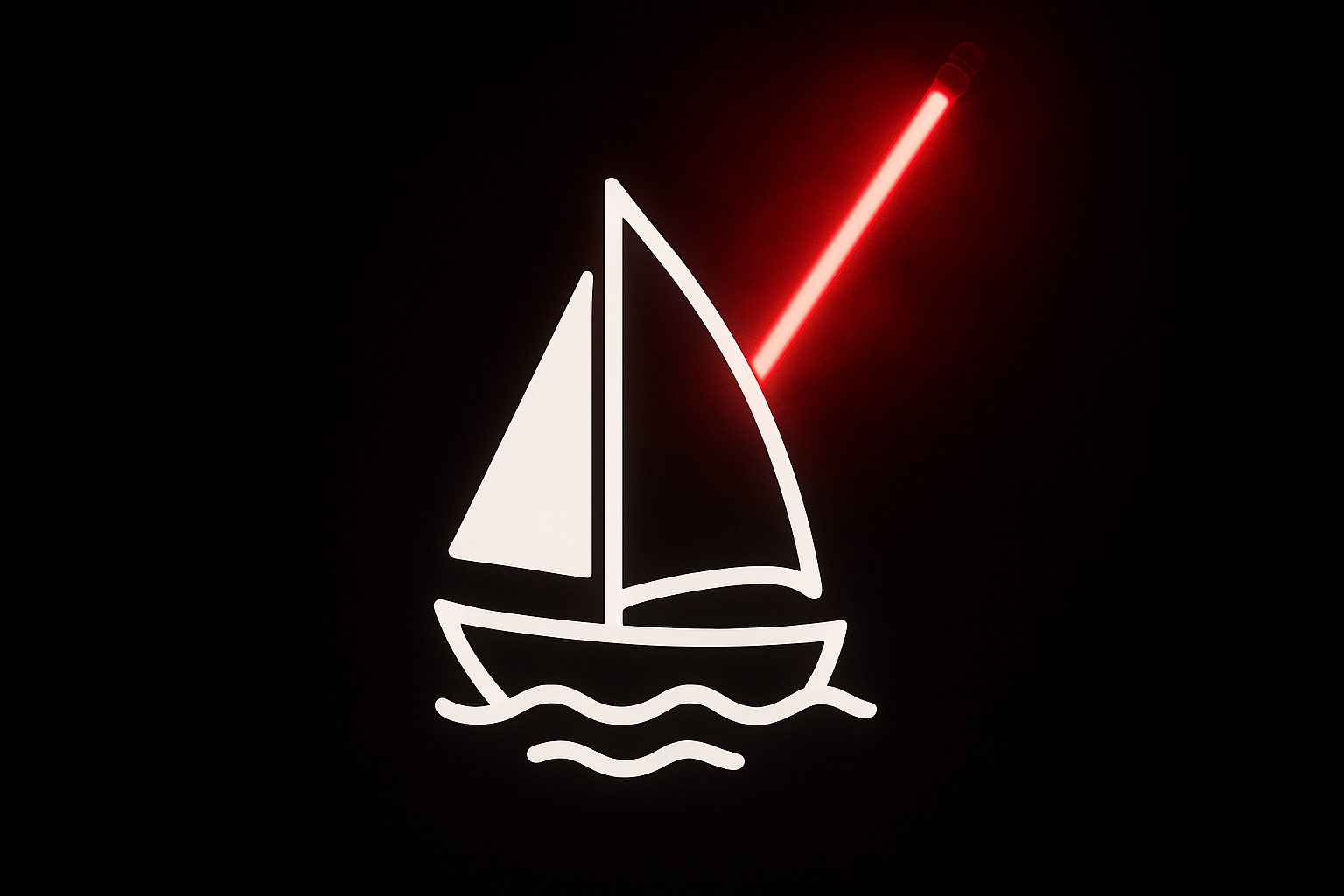Maximilian Schreiner
Max is the managing editor of THE DECODER, bringing his background in philosophy to explore questions of consciousness and whether machines truly think or just pretend to.
Read full article about: Anthropics Claude can now build AI apps
Anthropic now lets users build, host, and share their own AI-powered apps directly within the Claude app. The feature is rolling out in beta for Free, Pro, and Max subscribers. Developers can create interactive apps powered by Claude models without paying separate API costs - usage is billed to the end user's account. Claude writes real code, handles technical tasks like error management, and makes it easy to share creations via link. There are still some limitations, including restricted access to external APIs and lack of persistent data storage.
Read full article about: US teachers estimate that AI tools save them about six hours of work every week, study finds
AI tools like ChatGPT are rapidly changing daily life for teachers in the US, according to a new Gallup study. Six out of ten public school teachers used AI in the last school year, mainly for lesson planning, grading, and communicating with parents. On average, teachers estimate these tools save them about six hours of work each week. Most say this improves their job quality. At the same time, education experts like Maya Israel from the University of Florida caution against relying too heavily on AI. While the technology can help with routine grading, Israel says it should not replace a teacher's educational responsibilities. Around two dozen US states have now introduced guidelines for using AI in the classroom.
Read full article about: Google publishes a new AI-powered version of Google Colab
Google has released a new AI-powered version of Google Colab, following an initial test phase. Colab AI can assist with data preparation, model training, debugging, and visualizations directly within the notebook. A new Data Science Agent is able to run complete analysis workflows, display results, and take user feedback. Users interact with Colab AI using everyday language, and the tool will update code or suggest corrections as needed. The new features are designed to streamline the workflow in Colab notebooks. Access is available via the Gemini icon in the toolbar of any open notebook.
